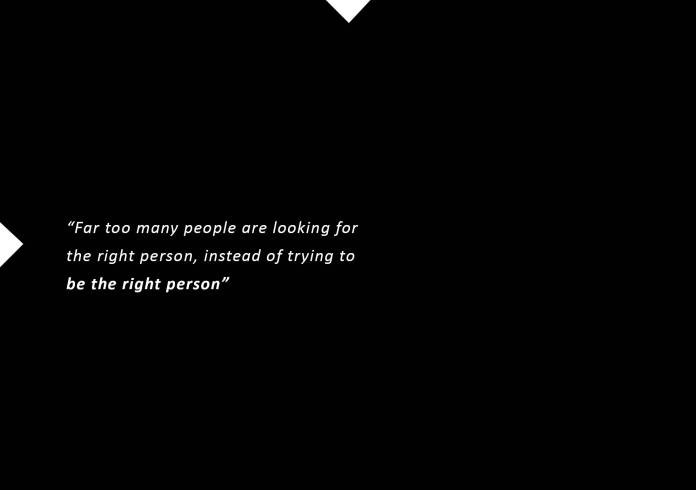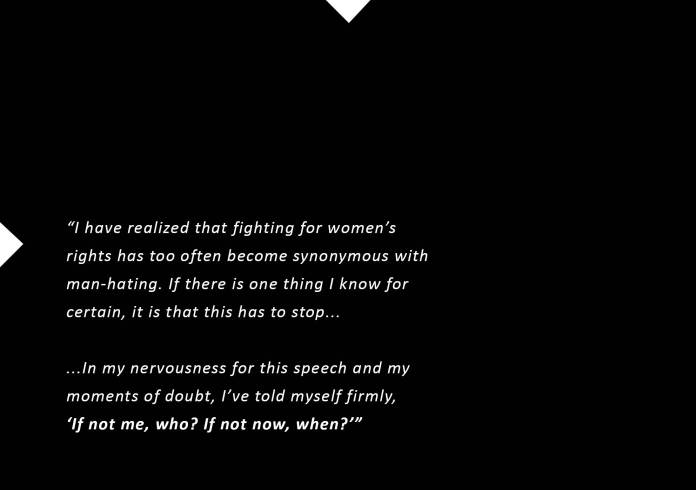
I am SO excited to be writing about this extraordinarily colourful and intensely genuine woman. Most recognisable as the poet of ‘Still I Rise’ (often quoted out of context on hipster and faux-feminist instagram posts), Maya Angelou (1928-2014) was an acclaimed performer and writer of many forms, and a social activist with a powerful voice. The more I read her work, the more I love her.
“I’ve learned that people will forget what you said, people will forget what you did, but people will never forget how you made them feel.”
I’ve only just come across her seven autobiographies, and my god, I am obsessed! It isn’t her tragic childhood in southern segregated America that inspired me, nor is it her triumph as an adult making her mark on the world (although it goes without saying that both aspects touched my heart). It is her character that really strikes me – despite her flaws, she’s so contagious, so absorbing a story-teller, someone who is able to capture the best in others, and someone who really demonstrates how perspective and reflection can really change the way our lives fold out.
I am not religious anymore, but I genuinely believe that it’s a massive historical blaspheme that God has been represented as an old white man rather than a black woman. I don’t mean this patronizingly at all, but the women Maya talks about in her story have such soul, such character, such integrity and kindness under the insult of racial bigotry, I believe that is the real image of what God looks like. Oh gosh, I could gush even more, and should probably stop before I offend someone, but seriously, Maya is a supremely unique and incredible woman. It is a special thing when you come across someone who lights a fire in you that cannot be put out. Even better when it’s a person you know personally (and I know a few!).
I first read her final book “Me & Mom & Me“, as an Our Shared Shelf monthly feminist book discussion. I was first intrigued by her ability to remember details and feelings so acutely that they didn’t seem made-up or exaggerated for the sake of filling up a page. Her ability to give and receive love and capture the integrity of the people in her life – no matter how minor a character.
Don’t get me wrong. Maya Angelou wasn’t perfect. She is, unfortunately, painted as such by many people who don’t know her, but to say she is so would dismiss everything she stood for. Having just written about perfection in my last post, I really wonder whether saying this of Emma Watson could be construed the same way. But Watson and Angelou came from vary different backgrounds and circumstances – despite their shared vision and inspirational lives.
I recently finished Angelou’s first autobiography, “I know why the Caged Bird Sings“, which is undoubtedly her most famous, if not her most painful and moving memoir. Her interpretation of segregation in the south isn’t a new concept (although it probably was when it was first published in 1969), but WOW the resilience of her people, and her spirit! I wonder if people like myself with the luxuries and privilege of being white and middle class could ever cope with that sort of mistreatment.
Gushing aside, what makes Maya who she is? What can we feminists learn from her? I think in particular, it’s the power of voice, and the power of forgiveness. As a black woman, her story in particular highlights the importance of remembering the struggle but forgiving those who put you through it.
Throughout her illustrious career in letters, Maya Angelo gifted, healed, and inspired the world with her words. The beauty and spirit of those words live on in this new and complete collection of poetry that reflects and honors the writer’s remarkable life.
There is no greater agony than bearing an untold story inside you.








You must be logged in to post a comment.